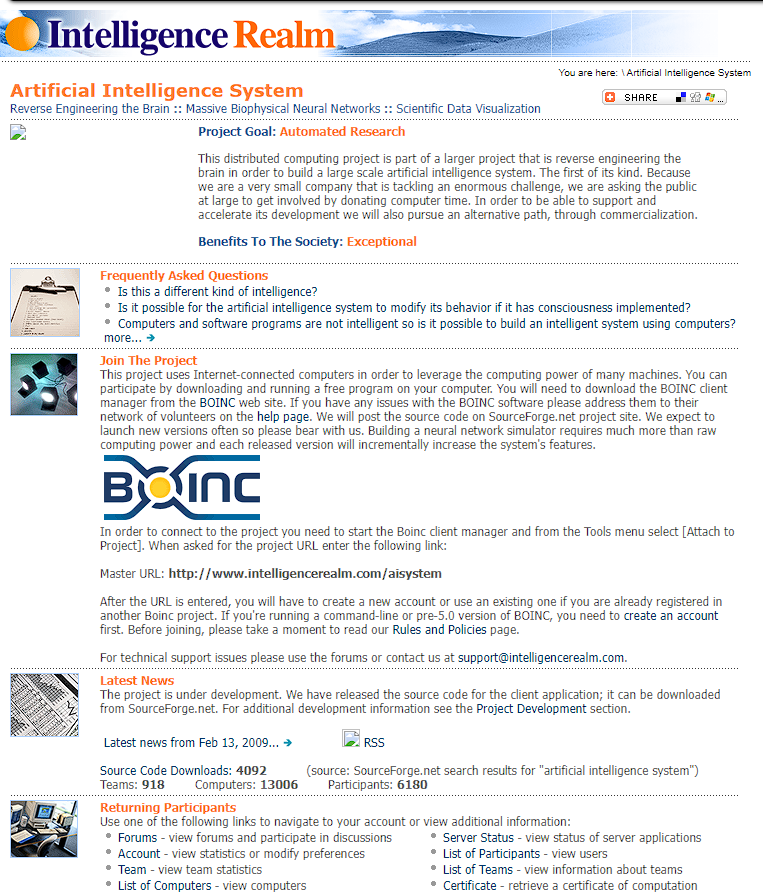Nivolumab and Ipilimumab Show Survival Benefits for Unresectable HCC in China

In a significant breakthrough for hepatocellular carcinoma (HCC) treatment, a combination of nivolumab and ipilimumab has demonstrated enhanced overall survival (OS) and overall response rates (ORR) in Chinese patients with unresectable HCC, according to findings presented at the 2025 ESMO Gastrointestinal Cancers Congress. The study, led by Dr. Shukui Qin, MD, from Nanjing Tianyinshan Hospital of China Pharmaceutical University, established that this combination therapy leads to a median OS of 23.5 months, surpassing the 20.1 months observed in those treated with lenvatinib or sorafenib.
The phase 3 CheckMate 9DW trial, which was pivotal in this research, involved 335 patients who had not previously received systemic therapy for unresectable HCC. The trial's results highlighted a 24-month OS rate of 48% for the nivolumab/ipilimumab group compared to 39% in the control group. Furthermore, the ORR was recorded at 37%, with complete and partial response rates of 7% and 30%, respectively. In contrast, the lenvatinib or sorafenib group showed an ORR of only 14%.
"These results further support nivolumab plus ipilimumab as a potential new first-line standard-of-care therapy for patients with unresectable HCC in China, a region with the highest HCC incidence and overall mortality rate from HCC globally," Dr. Qin stated during the presentation.
The study also assessed various demographic factors, revealing that the majority of subjects were male (approximately 80%) and had an HBV etiology (79%). The trial's design included stratification by hepatitis virus type and alpha-fetoprotein levels, ensuring a comprehensive analysis of treatment efficacy.
Safety assessments indicated that treatment-related adverse effects (TRAEs) occurred in 90% of patients receiving nivolumab and ipilimumab, compared to 95% in the control group. Serious TRAEs were reported at rates of 31% and 17%, respectively, highlighting the need for careful monitoring during treatment.
Dr. Kristi Rosa, a prominent figure in oncology research, emphasized the importance of these findings, stating, "With HCC being a leading cause of cancer-related deaths in China, the introduction of effective treatment options like nivolumab and ipilimumab could alter patient outcomes significantly."
The FDA's approval of this combination therapy in April 2025, based on data from the CheckMate 9DW trial, marks a critical advancement in HCC treatment protocols, promising hope for patients battling this aggressive form of liver cancer.
As the clinical landscape continues to evolve, ongoing research and clinical trials will be essential in validating these findings and exploring additional therapeutic options for HCC patients globally. The implications of this study extend beyond China, as it sets a foundation for future studies in diverse populations and geographic regions, ultimately aiming to reduce the global burden of hepatocellular carcinoma.
Advertisement
Tags
Advertisement




